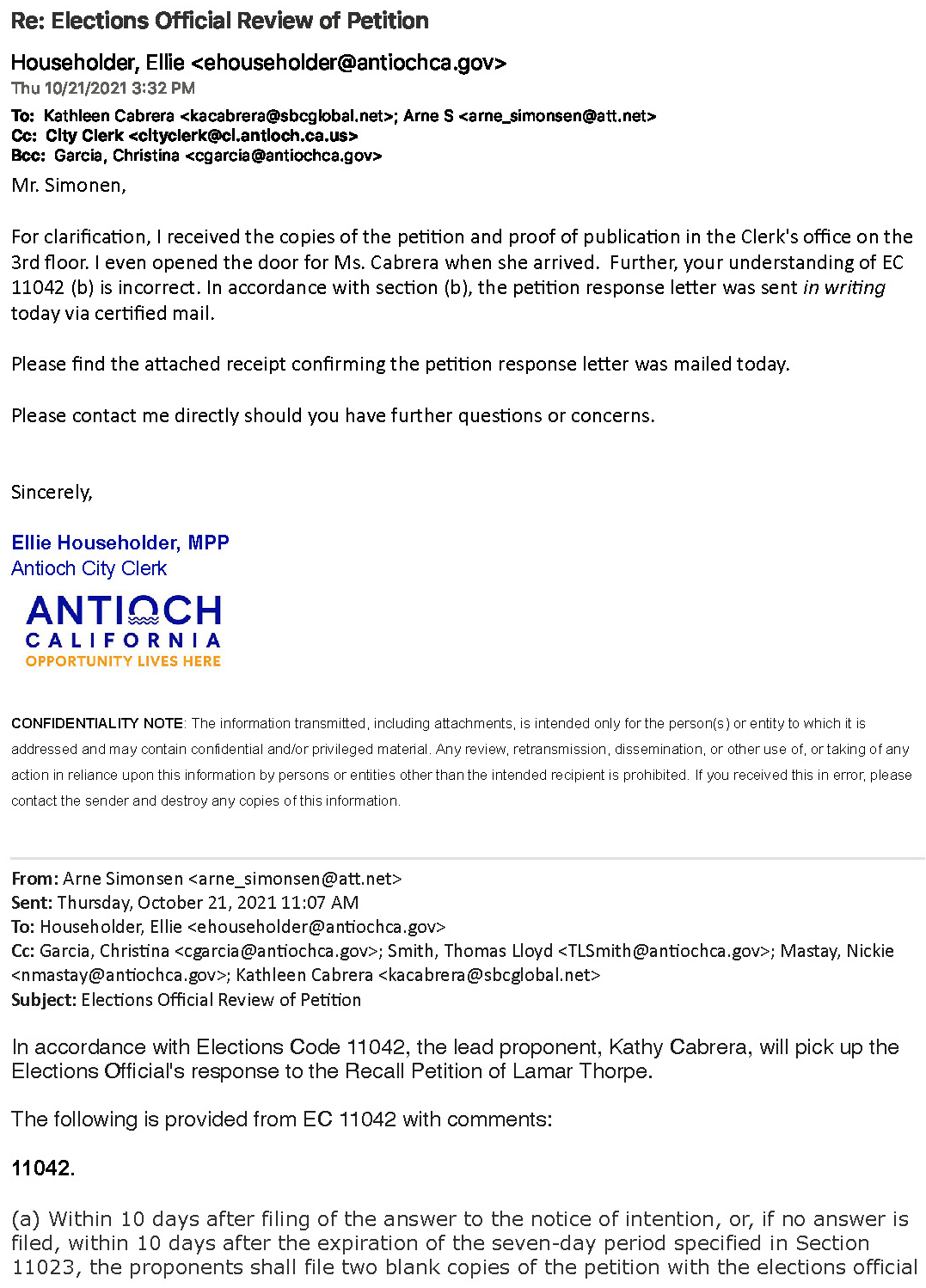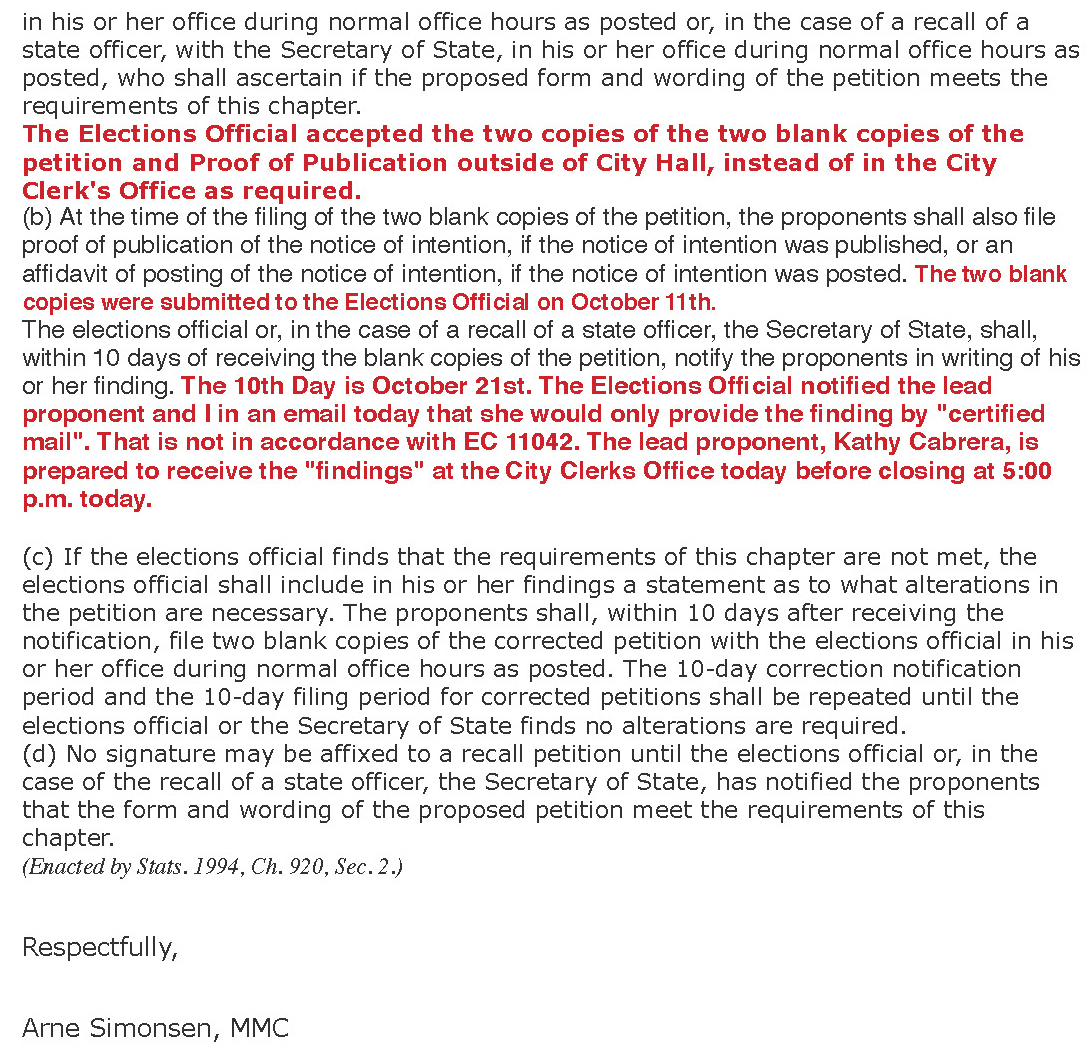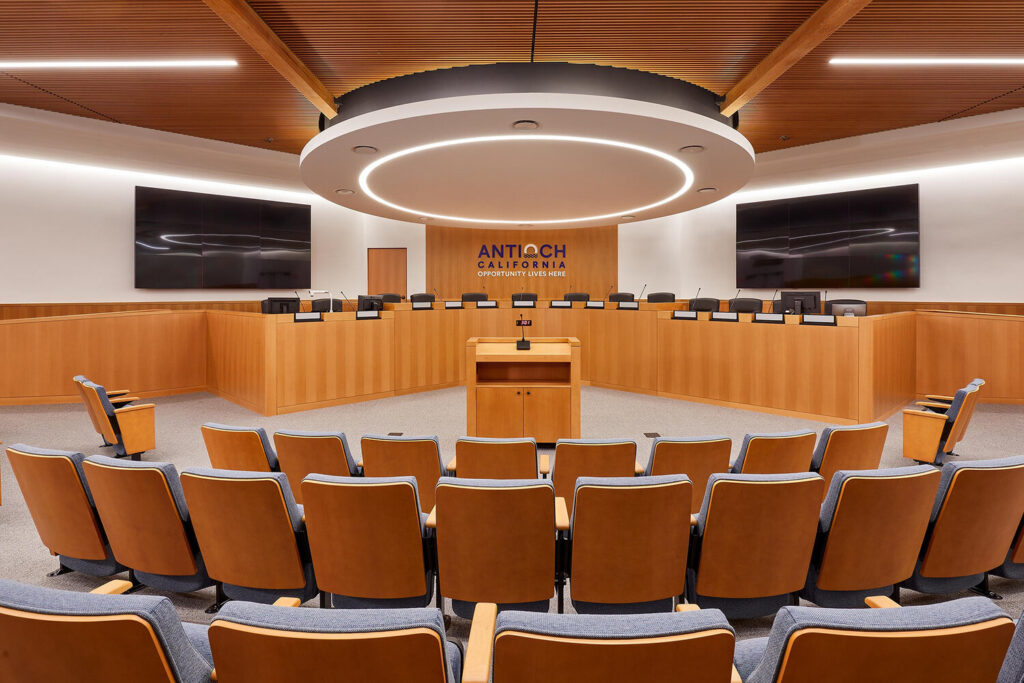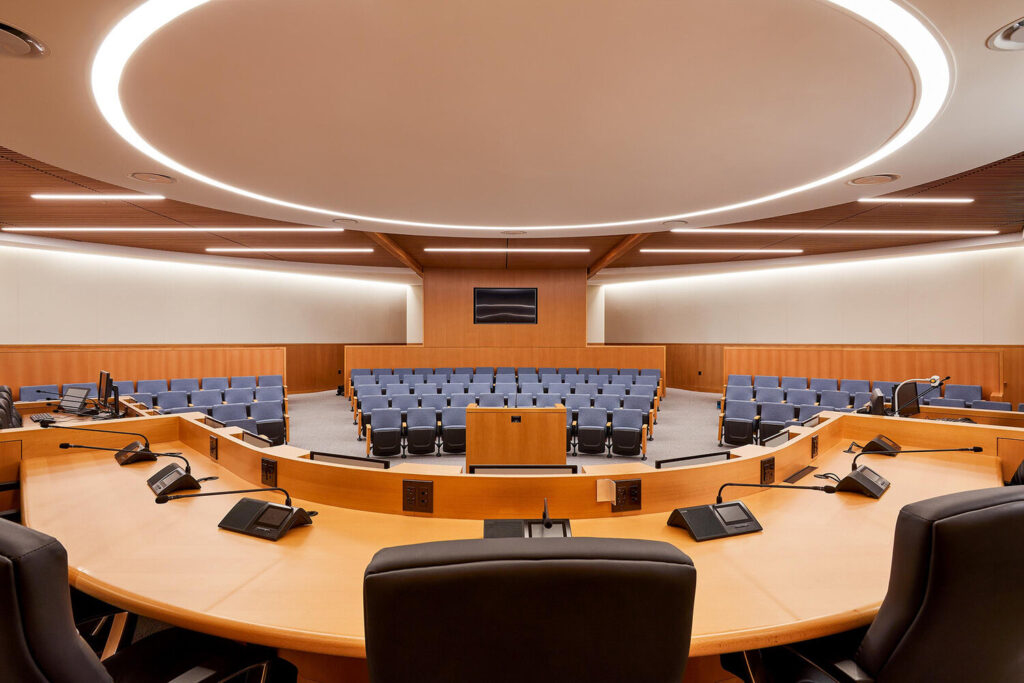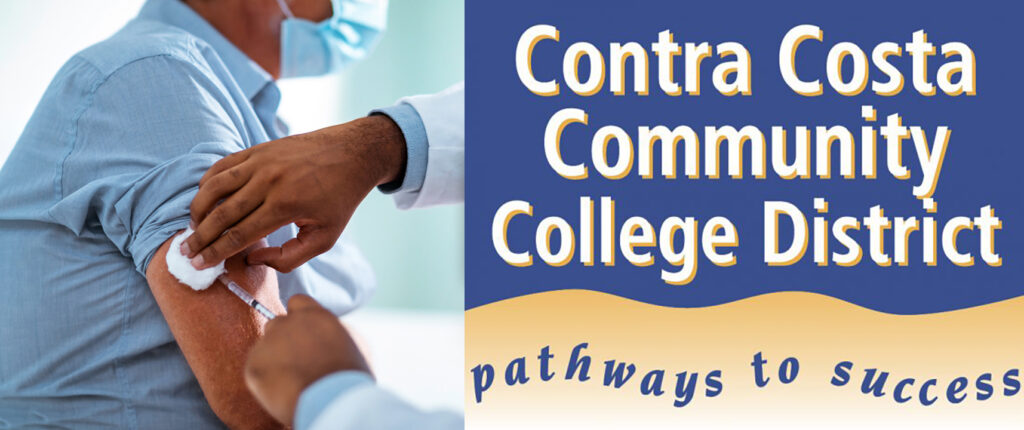Biden issues Executive Order on Implementation of the Infrastructure Investment and Jobs Act
Sunday, November 21st, 2021Executive Order on Implementation of the Infrastructure Investment and Jobs Act
NOVEMBER 15, 2021
By the authority vested in me as President by the Constitution and the laws of the United States of America, and in order to effectively implement the historic infrastructure investments in the Infrastructure Investment and Jobs Act (the Act), it is hereby ordered as follows:
Section 1. Background. The Infrastructure Investment and Jobs Act is a once-in-a-generation investment in our Nation’s infrastructure and competitiveness. It will help rebuild America’s roads, bridges, and rails; expand access to clean drinking water; work to ensure access to high-speed Internet throughout the Nation; tackle the climate crisis; advance environmental justice; and invest in communities that have too often been left behind. It will accomplish all of this while driving the creation of good-paying union jobs and growing the economy sustainably and equitably for decades to come.
Critical to achieving these goals will be the effective implementation of the Act by my Administration, as well as by State, local, Tribal, and territorial governments.
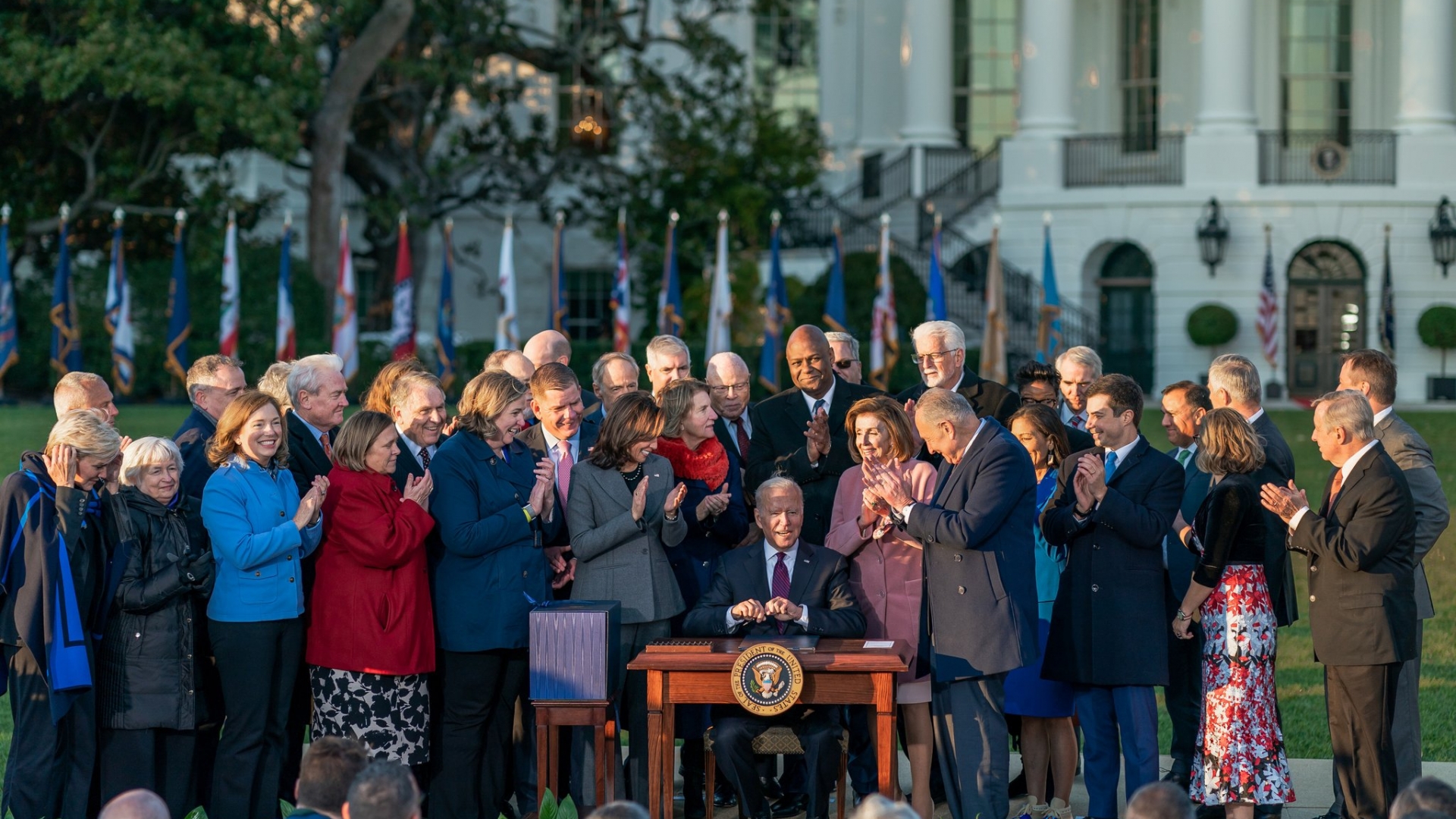
President Biden signed the infrastructure bill during a ceremony on the back lawn of the White House surrounded by members of his cabinet, the House and Senate on Monday, Nov. 15, 2021. Source: U.S. Speaker of the House website
Sec. 2. Implementation Priorities. In implementing the Act, all agencies (as described in section 3502(1) of title 44, United States Code, except for the agencies described in section 3502(5) of title 44), shall, as appropriate and to the extent consistent with law, prioritize:
(a) investing public dollars efficiently, working to avoid waste, and focusing on measurable outcomes for the American people;
(b) increasing the competitiveness of the United States economy, including through implementing the Act’s Made-in-America requirements and bolstering United States manufacturing and supply chains;
(c) improving job opportunities for millions of Americans by focusing on high labor standards for these jobs, including prevailing wages and the free and fair chance to join a union;
(d) investing public dollars equitably, including through the Justice40 Initiative, which is a Government-wide effort toward a goal that 40 percent of the overall benefits from Federal investments in climate and clean energy flow to disadvantaged communities;
(e) building infrastructure that is resilient and that helps combat the crisis of climate change; and
(f) effectively coordinating with State, local, Tribal, and territorial governments in implementing these critical investments.
Sec. 3. Infrastructure Implementation Task Force. (a) There is established within the Executive Office of the President the Infrastructure Implementation Task Force (Task Force). The function of the Task Force is to coordinate effective implementation of the Infrastructure Investment and Jobs Act and other related significant infrastructure programs within the executive branch.
(b) The Assistant to the President for Economic Policy and Director of the National Economic Council shall serve as Co‑Chair of the Task Force.
(c) There is established within the Executive Office of the President the position of White House Infrastructure Coordinator, who shall serve as Co-Chair of the Task Force.
(d) In addition to the Co-Chairs, the Task Force shall consist of the following members:
(i) the Secretary of the Interior;
(ii) the Secretary of Agriculture;
(iii) the Secretary of Commerce;
(iv) the Secretary of Labor;
(v) the Secretary of Transportation;
(vi) the Secretary of Energy;
(vii) the Administrator of the Environmental Protection Agency;
(viii) the Director of the Office of Management and Budget;
(ix) the Director of the Office of Personnel Management;
(x) the Assistant to the President and Director of the Domestic Policy Council;
(xi) the Assistant to the President and National Climate Advisor; and
(xii) the heads of such other executive departments, agencies, and offices as the Co-Chairs may from time to time invite to participate.
(e) The Co-Chairs may coordinate subgroups consisting of Task Force members or their designees, as appropriate.
Sec. 4. General Provisions. (a) Nothing in this order shall be construed to impair or otherwise affect:
(i) the authority granted by law to an executive department or agency, or the head thereof; or
(ii) the functions of the Director of the Office of Management and Budget relating to budgetary, administrative, or legislative proposals.
(b) This order shall be implemented consistent with applicable law and subject to the availability of appropriations.
(c) This order is not intended to, and does not, create any right or benefit, substantive or procedural, enforceable at law or in equity by any party against the United States, its departments, agencies, or entities, its officers, employees, or agents, or any other person.
JOSEPH R. BIDEN JR.
THE WHITE HOUSE,
November 15, 2021.











